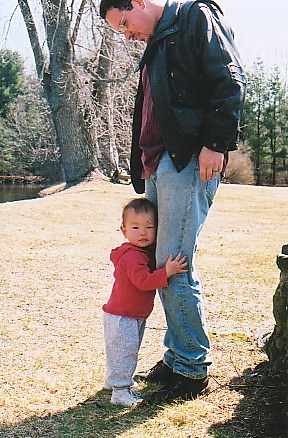|
|
🦋 The eyes that could see the old images
No need to read Ibn Khaldun; those charged with this task would quickly guess that the only way forward was to rip away our memories, our past, our history, leaving us with nothing but our misfortunes.... But later on, the Western bloc's "humanitarian wing" had declared this reckless initiative too dangerous...and switched to a gentler approach that promised longer-lasting results: the new plan was to erode our collective memory with movie music.Church organs, pounding out chords of a fearful symmetry, women as beautiful as icons, the hymnlike repetition of images, and those arresting scenes sparkling with drinks, weapons, airplanes, designer clothes -- put all these together and it was clear that the movie method proved far more radical and effective than anything missionaries had attempted in Africa and Latin America. (These long sentences of his were well-rehearsed, Galip decided. Who else had had to hear them, his neighbors? His colleagues at work? His mother-in-law? The people sitting next to him in a dolmuş?) It was in the Şehzadebaşı and Beyoğlu movie theaters that they set their plan into action; before long, hundreds of people had gone utterly blind. Viewers who sensed the terrible plot that was being perpetrated on them and rebelled with angry cries were quickly silenced by policemen and mad doctors. When the children of today showed a similar reaction -- when they were blinded by the proliferation of new images -- they were fobbed off with new prescription glasses. But there were always a few who refused to go away quietly. A while ago, he'd been walking through another neighborhood not far from here around midnight when he'd seen a sixteen-year-old boy pumping futile bullets into a movie billboard -- and immediately he'd understood why. Another time, he'd seen a man at the entrance to a theater with two cans of gasoline swinging from his hands; as the bouncers roughed him up, he kept demanding that they give him his eyes back -- yes, the eyes that could see the old images.... We'd all been blinded, every last one of us, every last one...
(Want to write about this quotation in a minute, but I am being called away by Sylvia to read Pippi Longstocking just at the moment. Back in a little while.)
 A few observations: Rüya's ex-husband's (I believe he has not been named, though a few of his aliases surfaced in a previous chapter) sort of anti-semitic rant weaves uncertainly between weird craziness and poetry -- reminds me in a way of the Islamicists in Snow. Galip's parenthetical aside is just masterful. (There is a similar aside a few paragraphs later where Galip describes the man as "sinking into the pages of his encyclopedic metaphor".) I like the coincidence here with Blindness -- I wouldn't necessarily give it a whole lot of weight but I think this passage might be a good one to have in mind when rereading Saramago. Also -- not sure if this is valid but I see vaguely a reflection of the remarks that Jeremiah Wright is being pilloried for these days.
posted evening of Friday, March 21st, 2008
➳ More posts about The Black Book
➳ More posts about Orhan Pamuk
➳ More posts about Readings
➳ More posts about The Movies
➳ More posts about Blindness
➳ More posts about José Saramago
| |
|
Drop me a line! or, sign my Guestbook.
•
Check out Ellen's writing at Patch.com.
| |






